Eurovision Legends by Schlagervännerna

A podcast about the Eurovision Song Contest
Eurovision Legends is the podcast where Emil Löfström invites songwriters, artists and other important people from the world of the Eurovision Song Contest. How did the songs originate, what happened behind the scenes, who ought to have won the contest and what did the song demos sound like? This and much more...
Subscribe to Eurovision Legends through iTunes Subscribe to Eurovision Legends directly through RSS Eurovision Legends on Facebook Eurovision Legends on Instagram emil@schlagervannerna.se
News
"Eurovision Legends" moves to Acast
In order to ensure a more stable distribution platform for the increasingly popular series "Eurovision Legends" we have decided to host it at the renowned podcast host service Acast. All new episodes will from now on be published at the new home page, where you can also find all existing episodes and any news and updates about the series. In time, we will procure a dedicated domain, providing us with a simpler URL.
Older Episodes
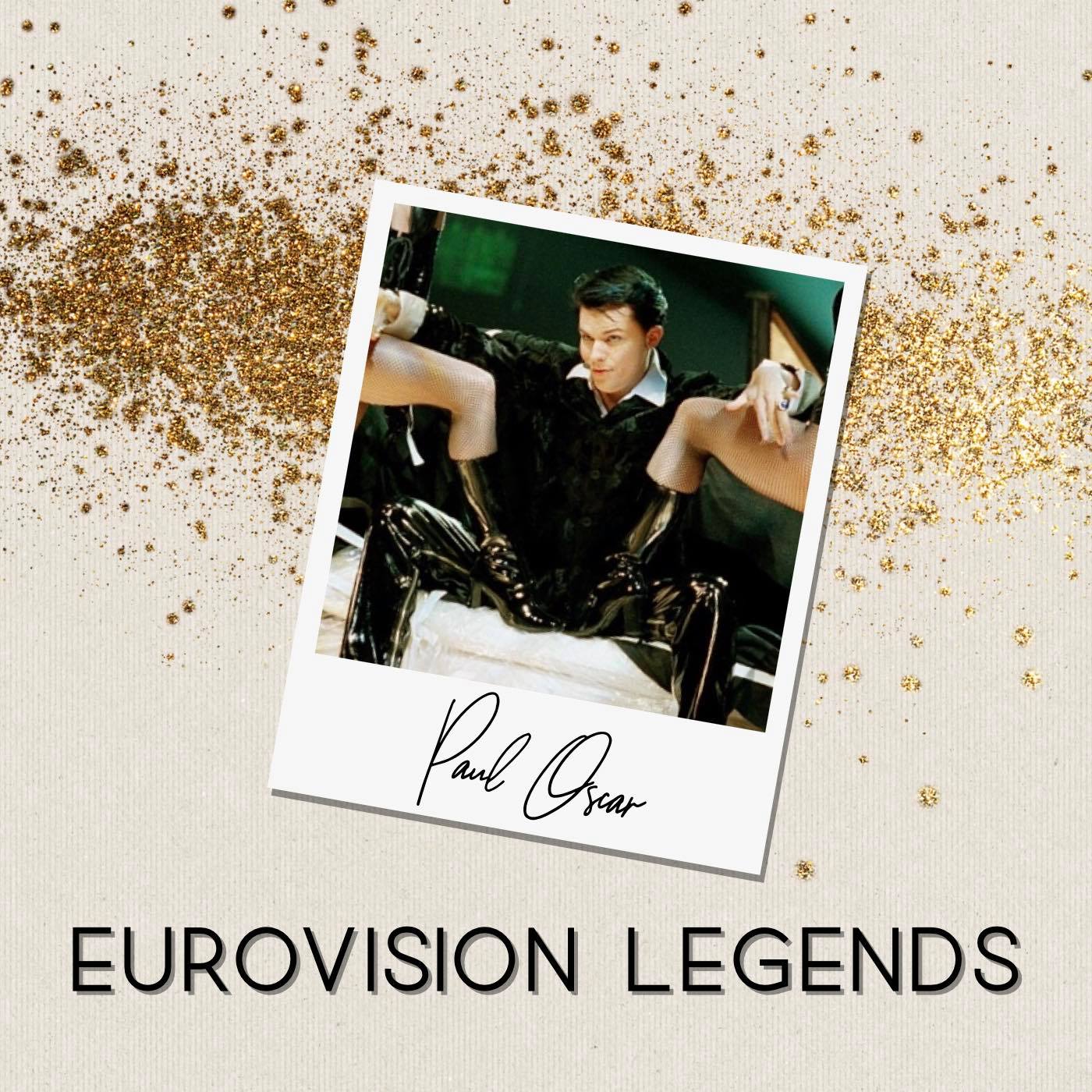
Eurovision Legends: Paul Oscar Black latex on a white couch
2020-06-25
It was 1997, and the Eurovision Song Contest tried out televoting for the first time, albeit on a small scale with just five countries. This made the largest difference for a, for the time, risque and experimental act from Iceland, since Paul Oscar and his song "Minn hinsti dans" scored 16 out of their total 18 points from just three of these countries. In this episode he tells Emil about how the song grew into being and what happened to him afterwards. As the first openly gay artist in the contest it was natural for him to go on the Pride circuit all over Europe, but this actually made him end up in bankruptcy!
Listen New
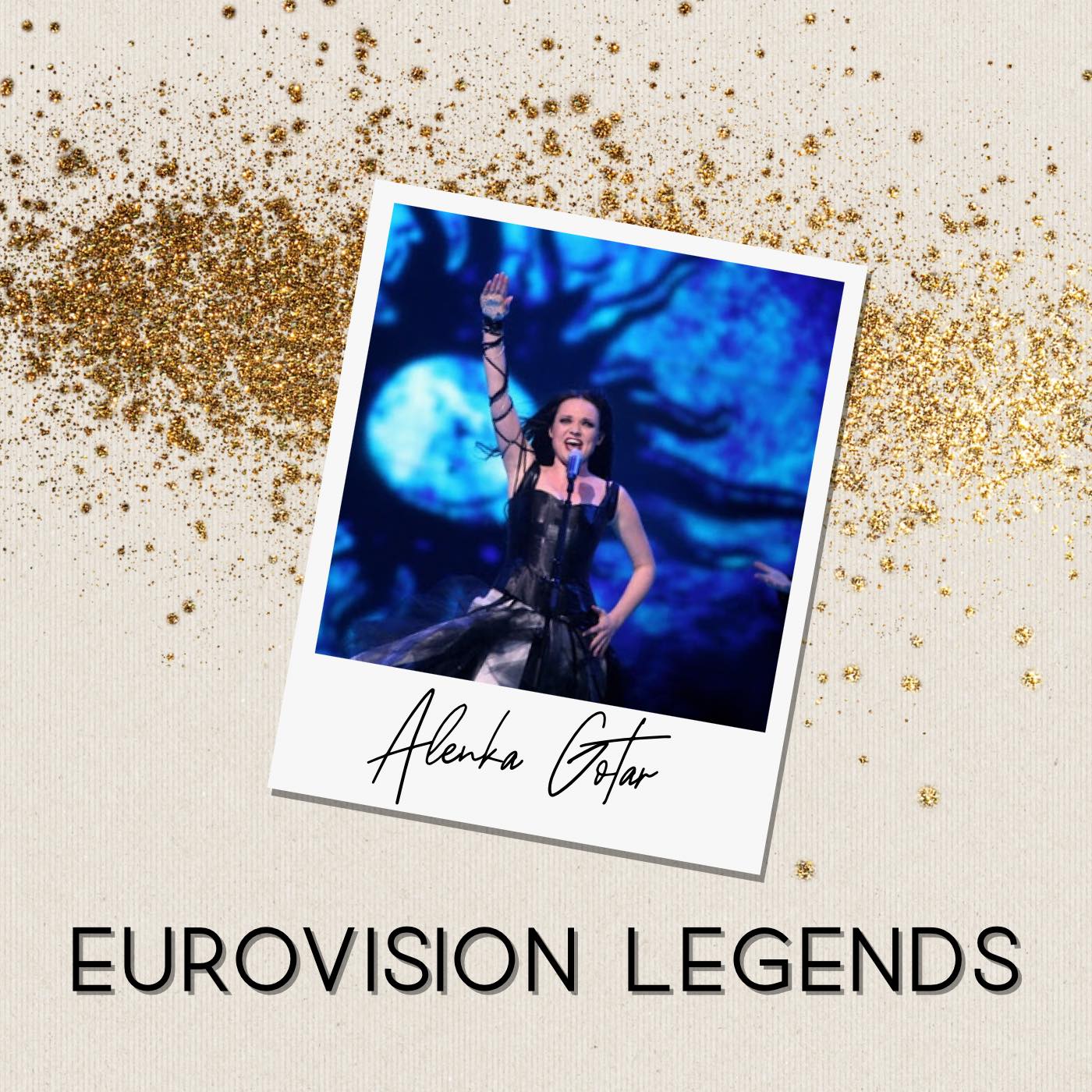
Eurovision Legends: Alenka Gotar Serious opera soprano from Slovenia
2020-06-23
Alenka Gotar is one of the most famous opera singers in Slovenia, and when the Croatian songwriter and guest on this podcast Andrej Babić approached her with a song for the Slovenian Eurovision preselection she was at first very reluctant. After some hard pressure from her own mother it become a reality, and Alenka represented Slovenia in 2007 with "Cvet z juga". Alenka also tells Emil about her most recent attempt to again reach the Eurovision, with a song about loving who you want, and opens the door to future attempts.
Listen New
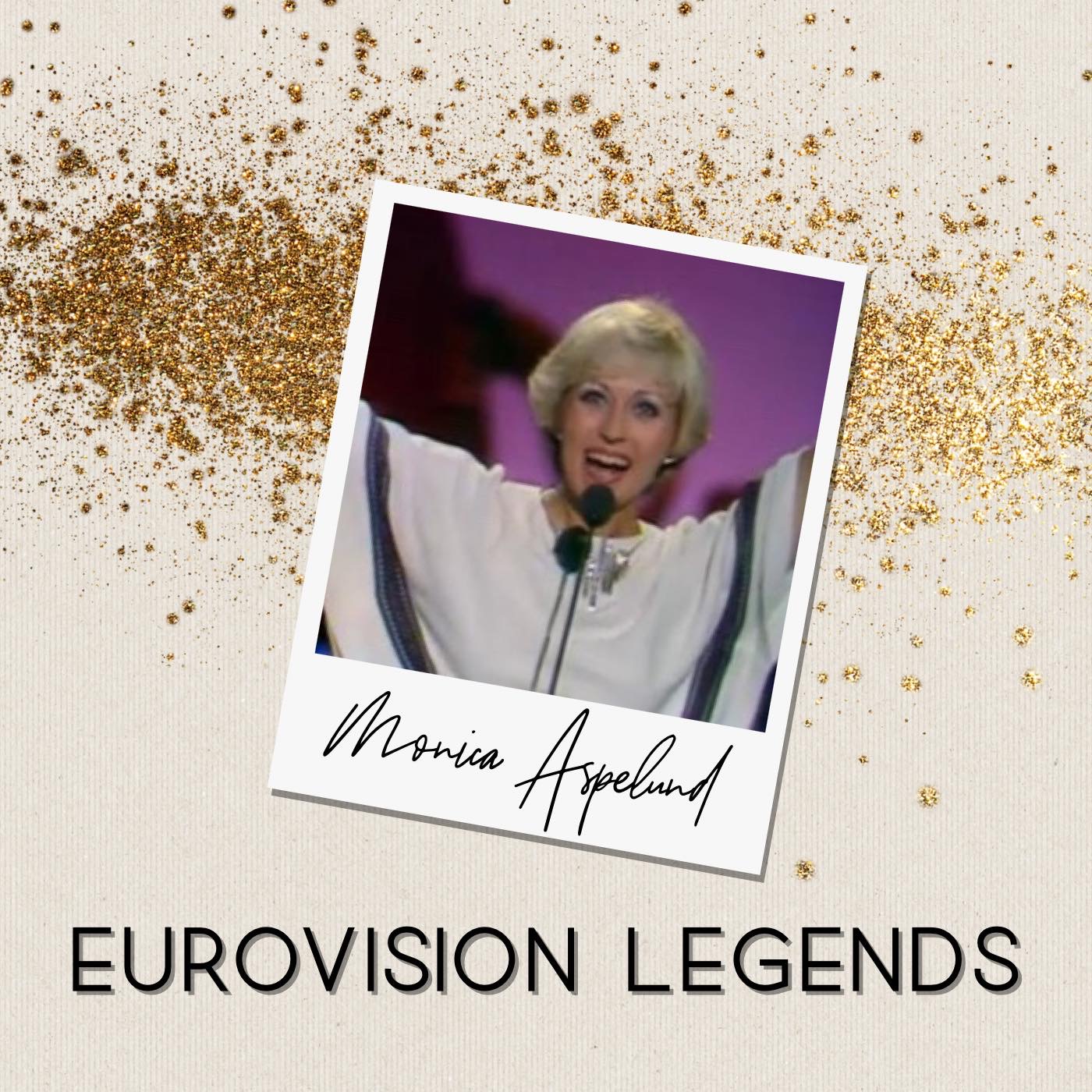
Eurovision Legends: Monica Aspelund Multilingual Finnish singer with a cult classic song
2020-06-18
Finland had never done particularly well in the Eurovision, and many attributed this to the Finnish language, which was considered harsh and foreign. However, in 1977, Monica Aspelund and the song "Lapponia" were predicted to do well, despite the fact that the rule forcing entries to be sung in a native tongue had just been reintroduced, with some controversial exceptions. Languages seem to be somewhat of a theme for the Finnish singer, and "Lapponia" was recorded in six different languages. In this episode she tells Emil and the listeners about how she almost made a coup and sang the song in Swedish at Eurovision, why she dislikes parts of her own Finnish lyrics to the song nowadays, and she graciously lets us listen to pieces of several songs from her upcoming album, to be released later in 2020, which marks 60 years since the start of her career!
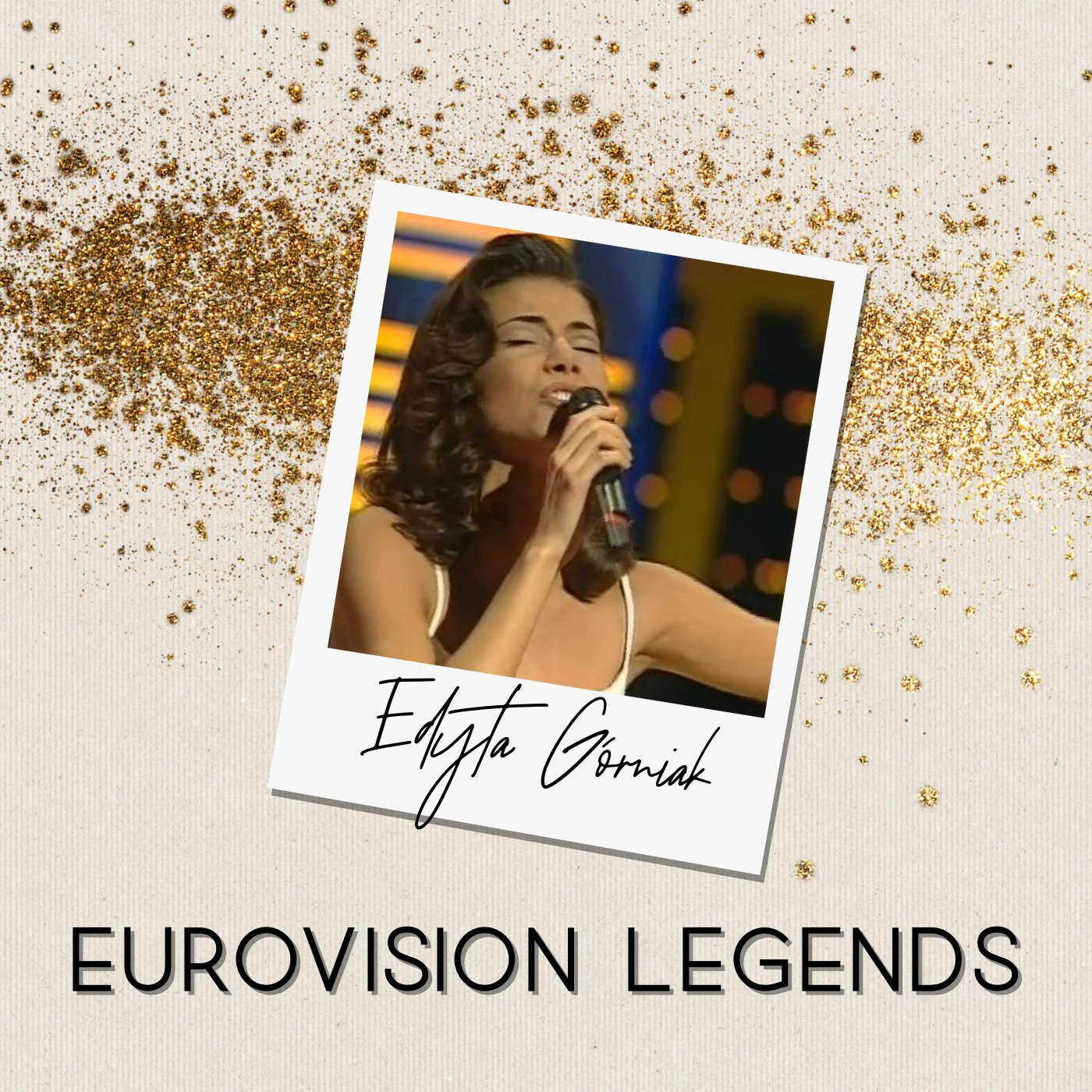
Eurovision Legends: Edyta Gorniak The girl who put Poland on the Eurovision map
2020-06-16
There are Eurovision debutes, impressive Eurovision debutes and then there is Poland in 1994. Sure, Switzerland won the very first Eurovision in 1956 and in 2007 the winner Serbia technically made their first appearance, but the most impressive debute for any country in the Eurovision was when a lovely girl with an amazing voice, a fantastic song and a dress so simple that the Swedish commentator Pekka Heino jokingly questioned whether it was actually finished took Poland to an incredible second place on their very first try. 26 years later she is the biggest star in Poland but still the same lovely girl, and she openly shares her very emotional Eurovision experience with us. We also get to hear how she tricked Polish television, the real reason that she sang the English version of "To nie ja" at the dress rehersal, what Edyta and Emil up until recently had in common, about her other attempt to get to Eurovision in 2016, why there hasn't been more attempts and what the future might hold for Edyta in the Eurovision.
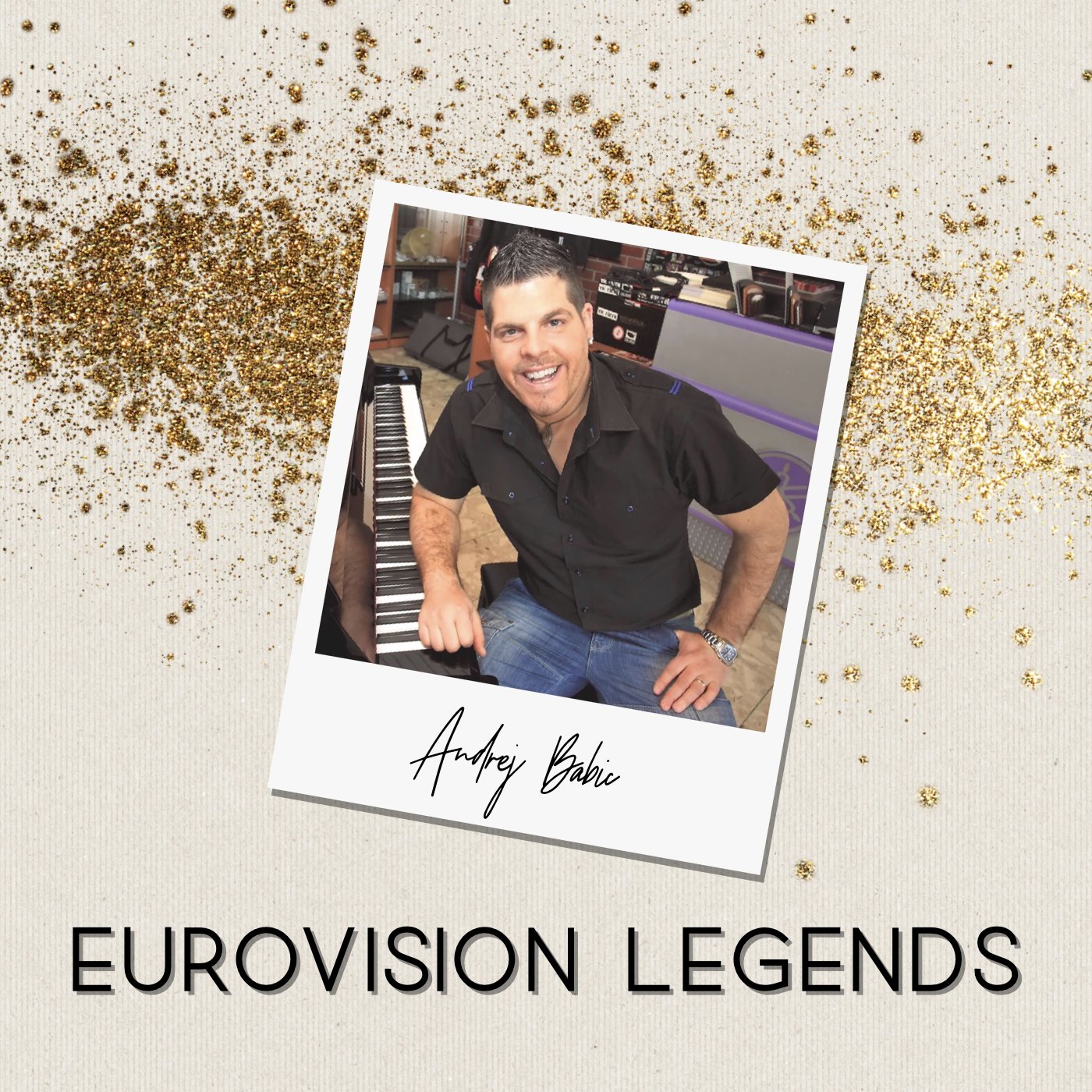
Eurovision Legends: Andrej Babić Croatian songwriting master conquering Europe
2020-06-11
You may not have heard of the man before, but you are certainly well aware of the songs that he has written. Andrej Babić has competed in the Eurovision with six songs for four different countries, songs like "Više nisam tvoja", "Senhora do mar (Negras águas)" and "Love Symphony". In total, he has had twenty songs in national selections in eight different countries. We can promise you lots of interesting stories and great music in this episode!
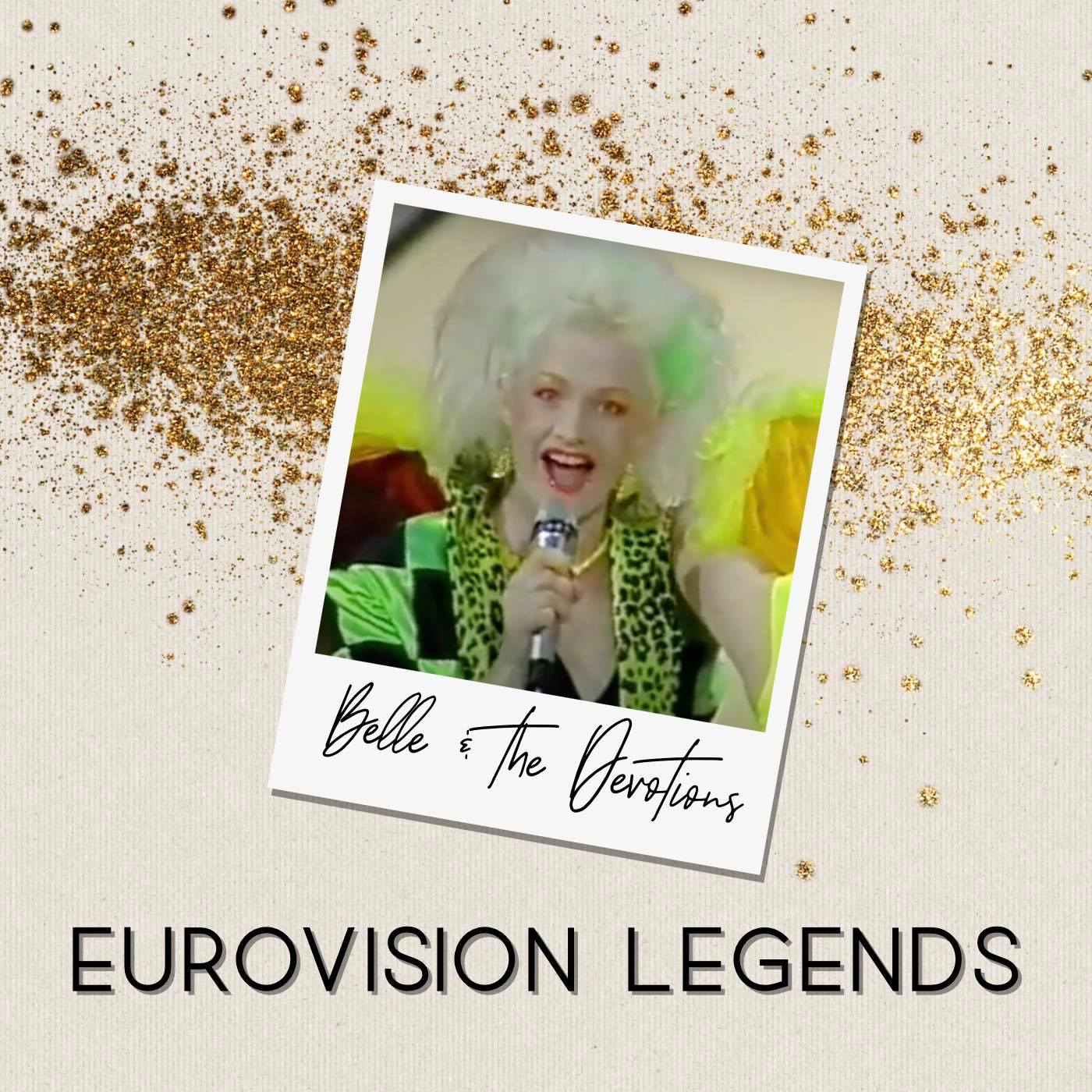
Eurovision Legends: Belle & the Devotions Colourful girls with a catchy tune
2020-06-09
Emil gets to speak to Kit Rolfe, lead singer of the group Belle & the Devotions, who represented the United Kingdom in 1984 with the song "Love Games". Perhaps mostly remembered for their colourful and edgy styling, they ended up in seventh place, a result which was considered bad by the standards of the United Kingdom back then, but would be a wet dream for the BBC nowadays. But most people don't know that Kit was also a backing singer for her country in both 1983 and 1991, and in this episode she tells us about all of her three Eurovision experiences.
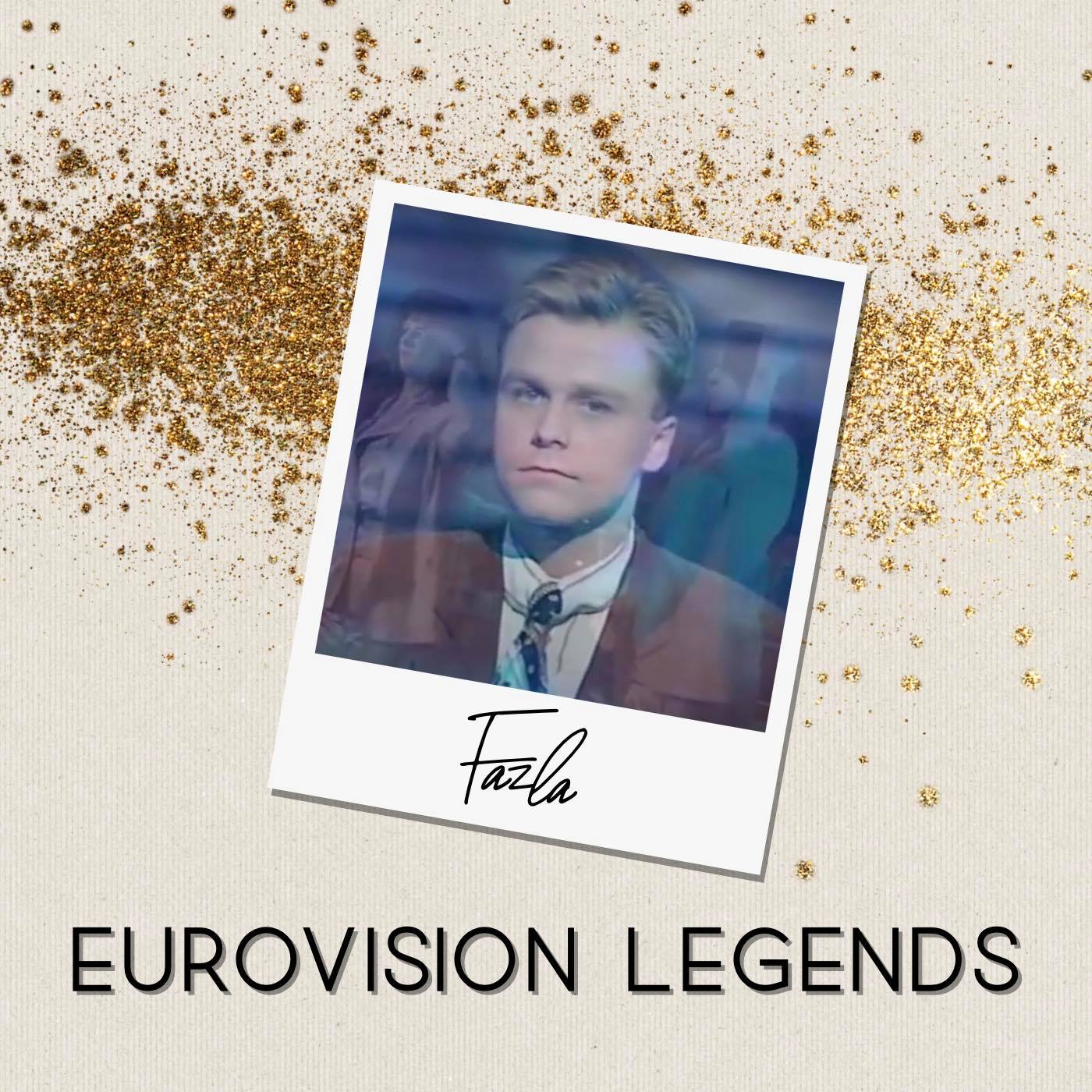
Eurovision Legends: Fazla A true hero for his country and a legend for us Eurovision fans
2020-06-04
From a war-torn Sarajevo a group of people fled to Millstreet, but some were left behind in the newly formed country of Bosnia and Herzegovina. Hear Muhamed Fazlagic speak to Emil about his song, the war and the new beginning of his country. He also tells us about the song "Zelena rijeka" that was meant to compete in 1999 in Bosnia and Herzegovina. It is likely that no one, neither before nor since, has arrived at the competition with a more important message than "Sva bol svijeta".

Eurovision Legends: Charlotte Perrelli The heavenly hero
2020-06-02
Petra Frey requested, and Emil delivers. This episode features the queen, the diva, the winner, the legend, the hero, the superstar extraordinaire Charlotte Perrelli, who was the winner of the very last Eurovision of the previous century in Jerusalem in 1999 for Sweden with "Take Me to Your Heaven" under her then name of Charlotte Nilsson. In contrast to the high-flying title of her winning song and her undisputed royal status in the Eurovision world, she and Emil have a very nice, warm and down-to-earth conversation about her career in the Eurovision limelight. This is the story of love and compassion only La Perrelli can tell.
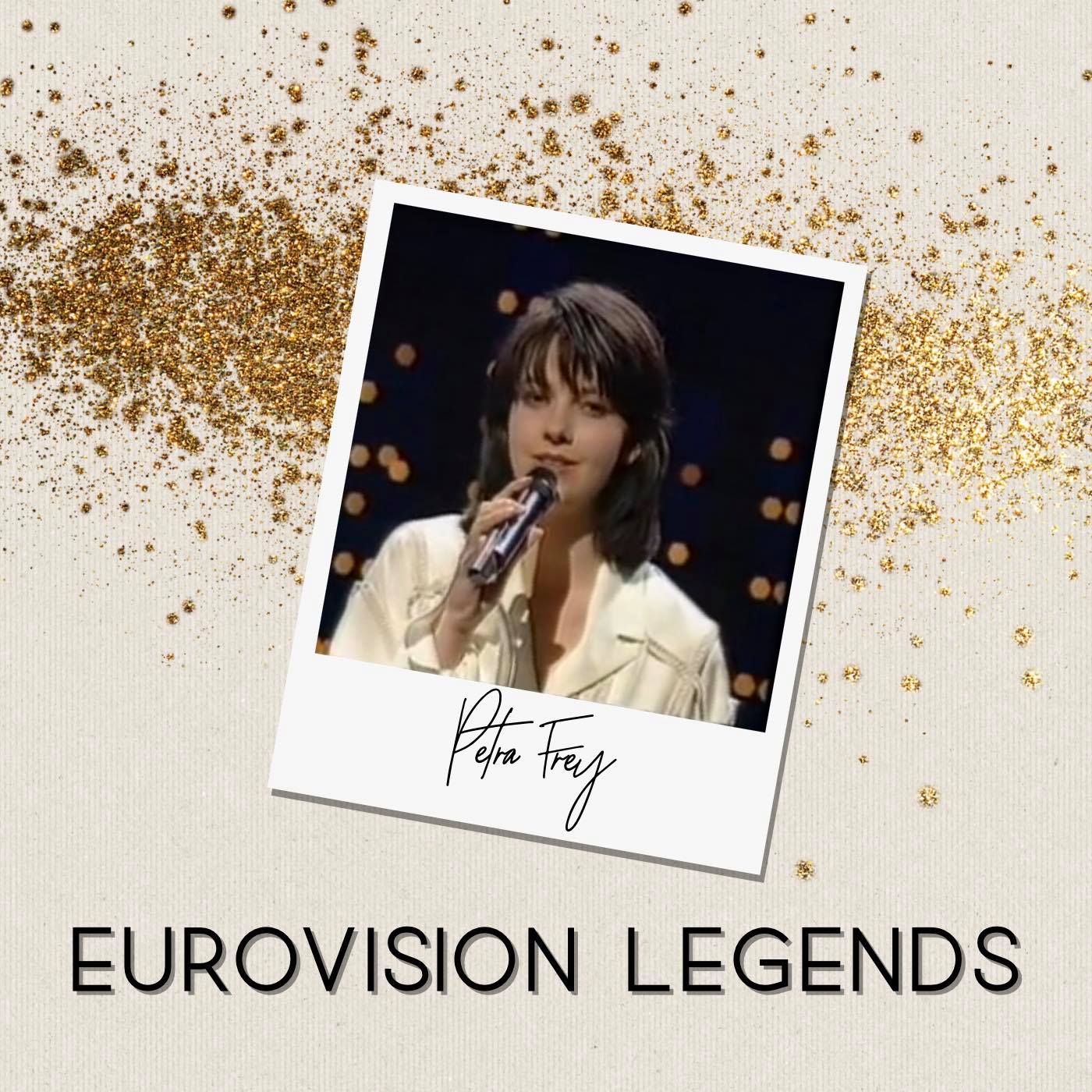
Eurovision Legends: Petra Frey Innocent schoolgirl turned Austrian superstar
2020-05-28
Emil gains a new best friend when speaking to Petra Frey, the girl who was only 16 years old when she represented Austria back in 1994 with "Für den Frieden der Welt". Winning the Austrian national final made her a star overnight, and she has since continued to spend her life working with music, preferably in the schlager genre. We also get to hear the Siegel/Meinunger song which she competed with in the national final in 2003 "This Night Should Never End", her latest single "7 Seelen" and her version of the Danish Eurovision song "In a Moment Like This" in German. Petra also has a very special request of which other Eurovision Legend she would like to hear interviewed in this podcast next.

Eurovision Legends: Sahlene The girl who took a leap of faith
2020-05-26
The Swedish singer and former child actor Anna Sahlene has graced the Eurovision stage at five occasions, for five different countries. Four times as a backing singer, and once as a soloist in 2002 for Estonia with "Runaway", which managed to finish third on home soil and go on to become a big hit. Hear her tell Emil the amazing story of how she ended up in the Estonian national final with less than 24 hours notice! She also speaks about her several attempts in the Swedish national final Melodifestivalen, and treats us to several known and unknown songs and demos. But which artist did she develop a crush on at Eurovision? And what on earth is a "böle"?
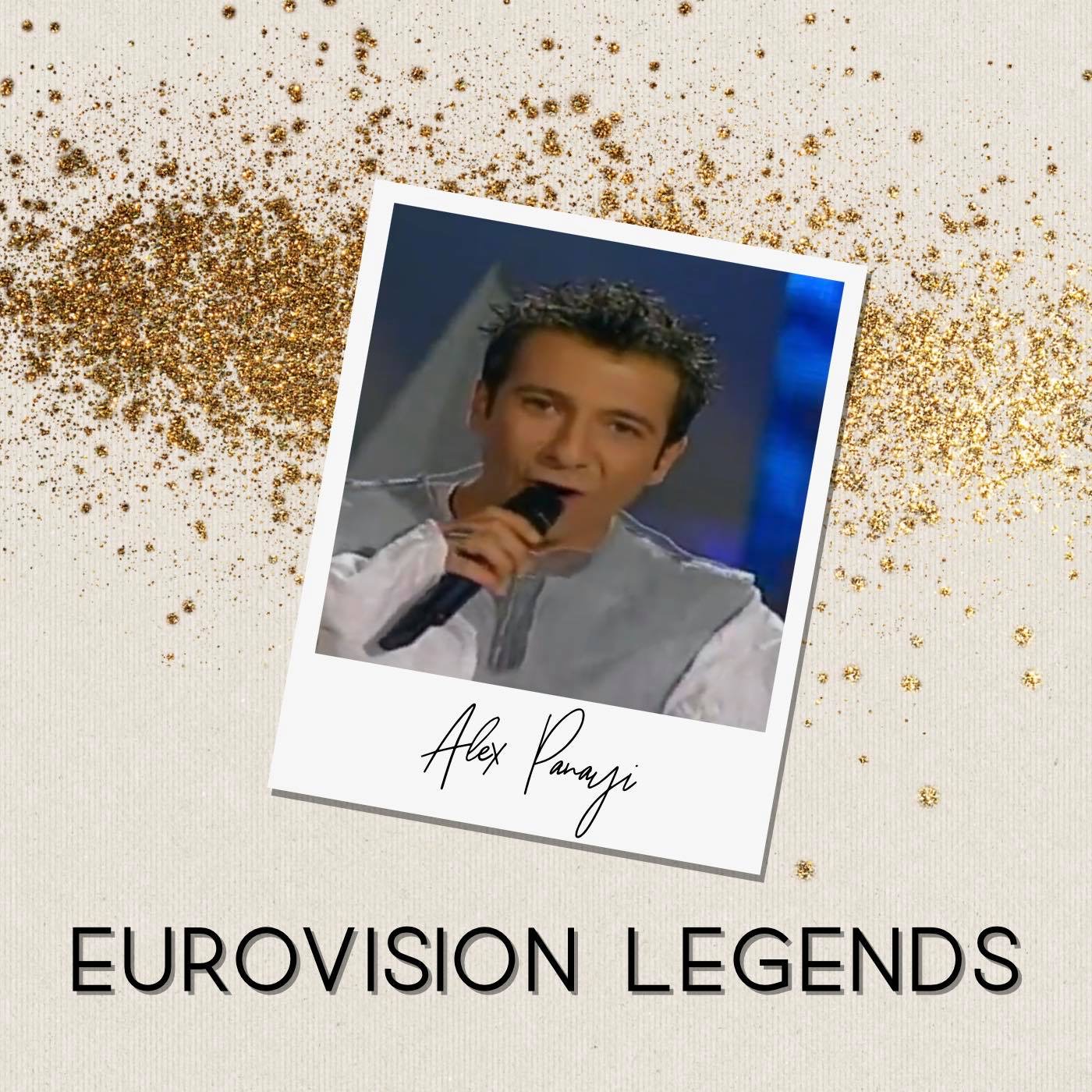
Eurovision Legends: Alex Panayi The golden voice of Cyprus
2020-05-21
Backup singer, solo artist, duet artist, vocal director, Alexandros Panayi has done it all when it comes to Eurovision, a show that he has followed and dreamed of since he was a small child. To most Eurovision fans he is best known for his two participations as the main act, in 1995 with the fiery "Sti fotia" and in 2000 with "Nomiza" together with Christina Argyri, but he has also been a backup singer behind many artists from several countries from as early as 1989 onwards, and today his main role is to be the vocal director for various Eurovision acts. He has also competed in the Cypriot national pre-selection multiple times. Together, Alex and Emil go through this extensive career in the Eurovision spotlight and shadows, and we are treated to many memories thereof, like when he in 2000 forged a great friendship with the Turkish delegation, despite the hostile relations between their two countries.
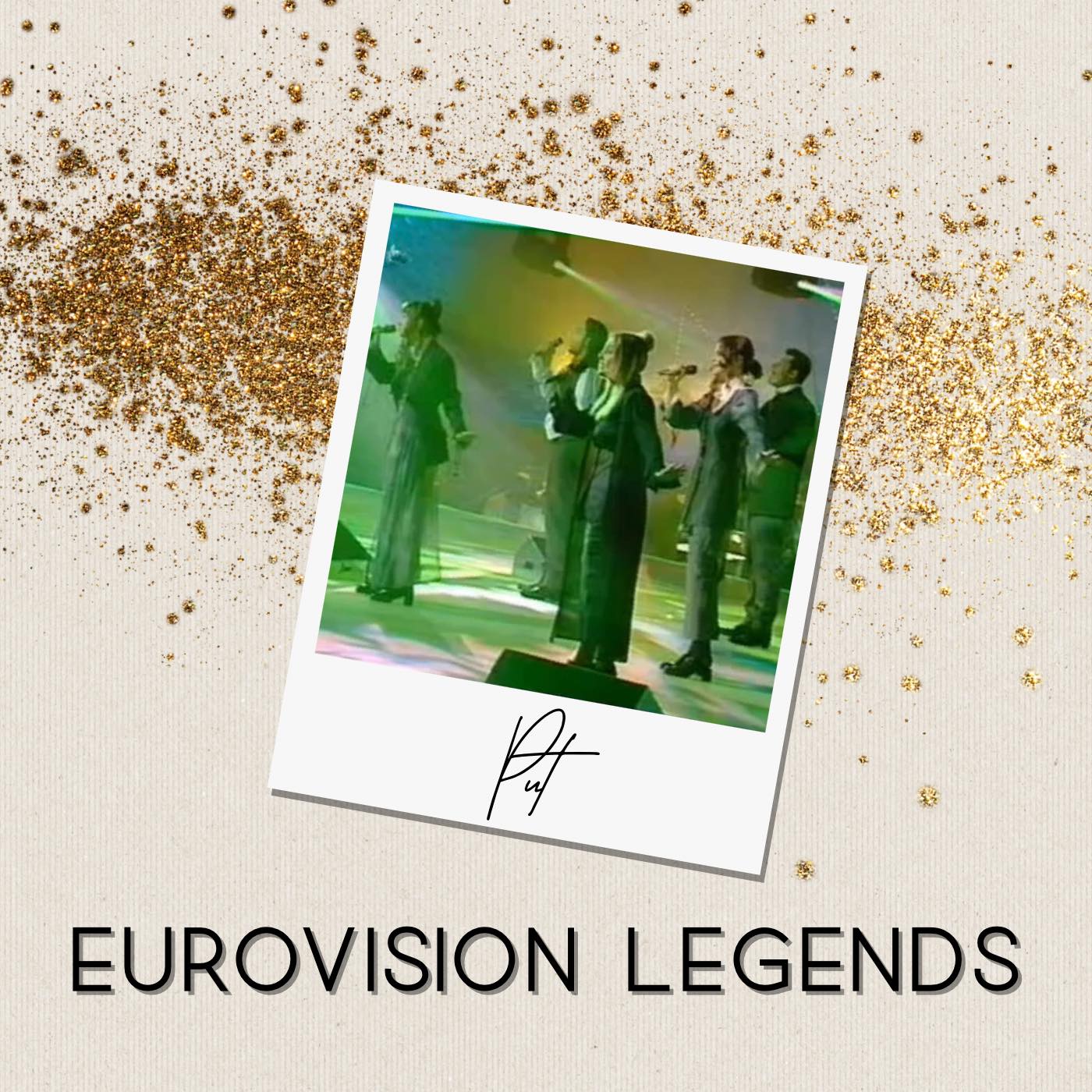
Eurovision Legends: Put Teenagers carrying the pride of a new nation
2020-05-19
The year 1993 was very special, not only regarding the Eurovision but for the world in general and the Balkan region of Europe in particular. Yugoslavia was splitting up into new independent nations, and the Soviet Union had recently done the same. Many of these new nations wanted to join the Eurovision, and the group Put selected to represent Croatia consisted of six young people from a choir in Rijeka. Emil gets to have a nice conversation with two of these — Angela Jeličić and Olja Desic — and we get the answers to many questions that all of us have pondered over the years. How was it even possible for a country in an active war to attend the contest? Was there any foul play going on in the special pre-qualification round Kvalifikacija za Millstreet? Why did they sing so much of their song "Don't Ever Cry" in English? Was Johnny Logan partially naked? And who kept singing his own entry in the toilet?
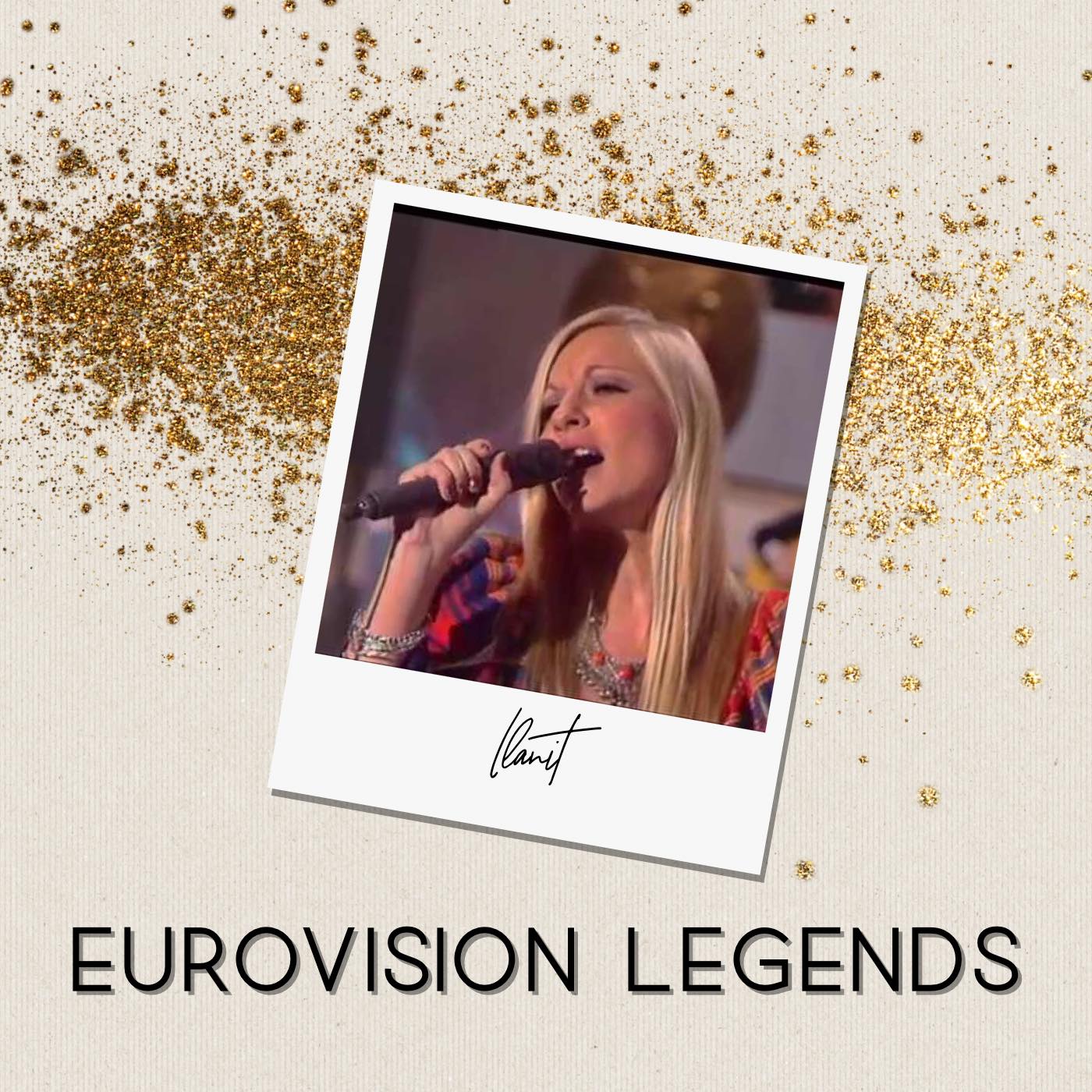
Eurovision Legends: Ilanit The woman who forged her own way into Eurovision
2020-05-14
She was already a big star in several countries and was approached by Germany to compete for them, but felt that she'd rather compete for her own country Israel, that was yet to compete in Eurovision. So she personally made it happen, and Ilanit became the first Israeli entrant in 1973 with "Ey Sham". She has been selected to compete for Israel twice more, in 1977 with "Ahava Hi Shir Lishnayim" and in 1984 with "Balalaika", but the later did not result in an actual participation in the Eurovision, and Emil of course must ask her what really happened. We also learn how she managed to acquire some backup singers on a shoestring budget to support her during her performance in 1977, and we finally get the definitive truth to the rumour that she wore a bulletproof vest under her dress in 1973, and we also get Ilanits view on the rumour spread by Swedish conductor legend Anders Berglund that the Israeli conductor in 1977 Eldad Shrim was armed while conducting.
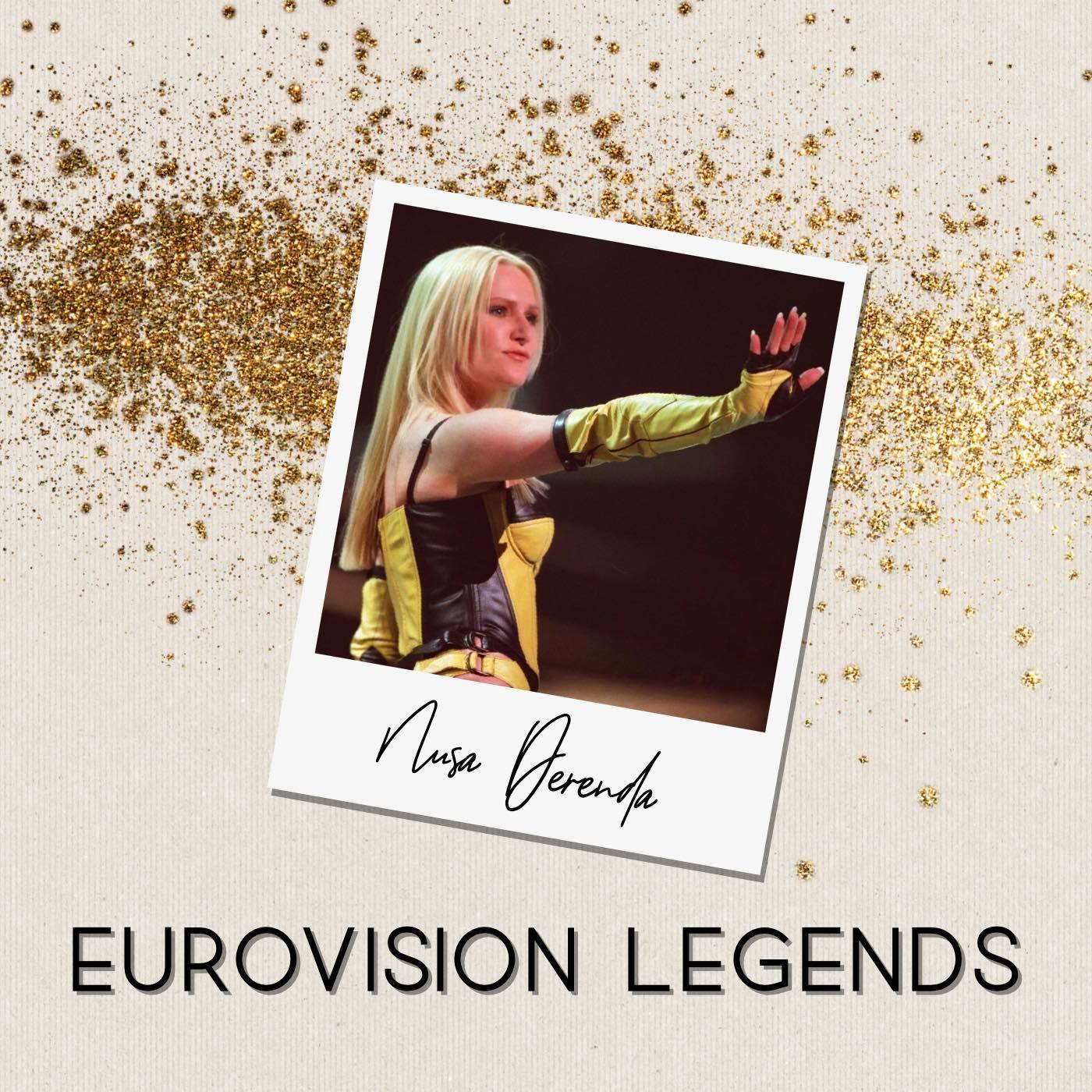
Eurovision Legends: Nuša Derenda One pack of Slovenian energy who lit up Parken
2020-05-12
The contest in Copenhagen in 2001 is not looked back upon as one of the highlights of Eurovision history among fans of the contest. An oversized arena, a weird rhyming script for the hosts and overall a rather poor song quality. But there were a few brilliant exceptions to this, and one of the brightest of them all was the song "Energy" from Slovenia, sung by the black and yellow leather-clad Nuša Derenda. She didn't win, but would forever secure a large place in the annals of Eurovision for many fans. But this was neither the first nor the last time that Nuša had tried her luck in EMA, the Slovenian selection for the Eurovision Song Contest. Emil discusses all of her entries with her and plays us snippets of the songs, and it becomes clear that she has a certain type when it comes to songs. With few exceptions, we are treated to a run of highly energetic pop bangers, and there is more than a few real gems to discover in that collection. We also learn about when Nuša Derenda almost competed nine months pregnant and why she has refused offers to compete in other countries.
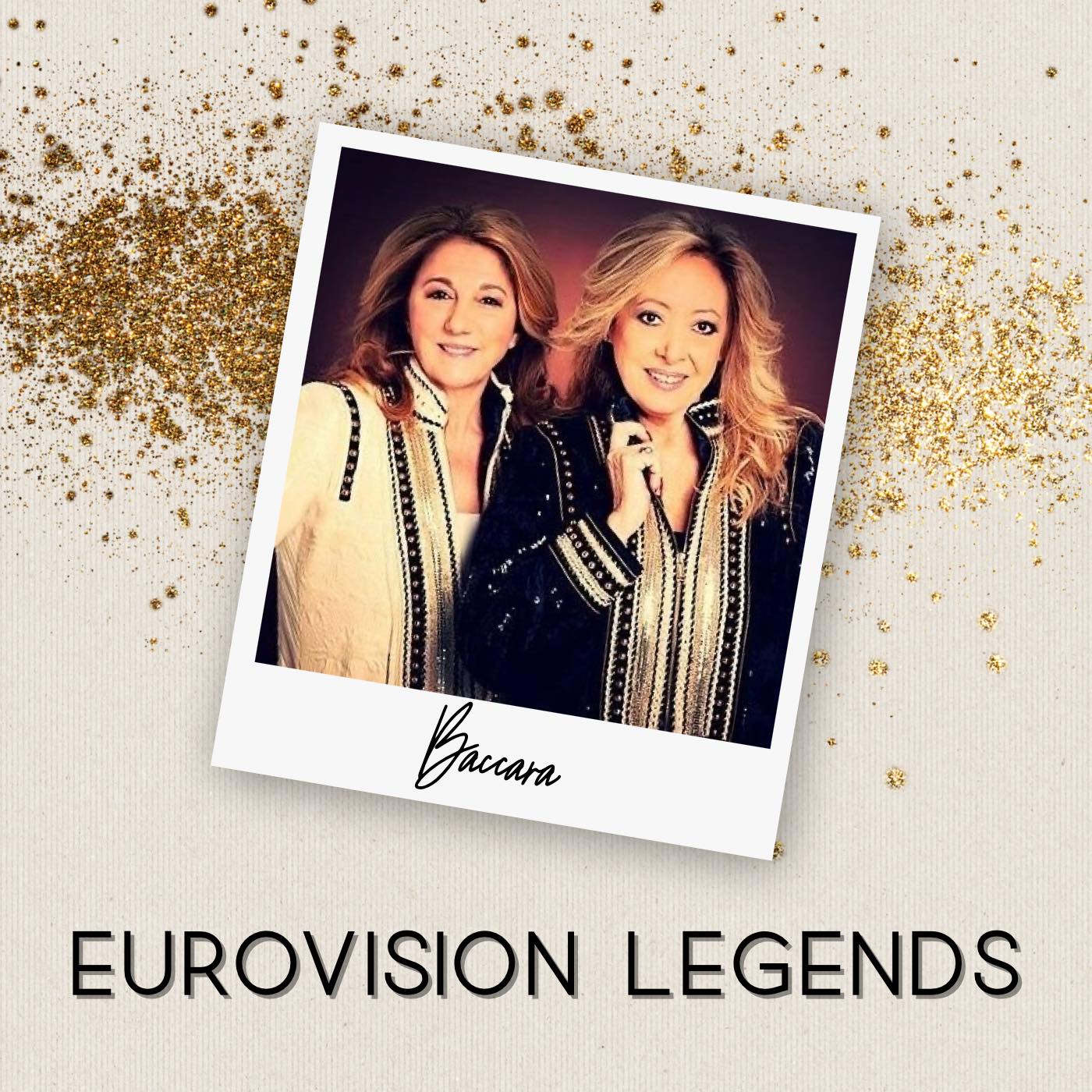
Eurovision Legends: Baccara International disco queens
2020-05-07
The Spanish duo Baccara were one of the biggest bands in the world in the late 1970's, and with hits like "Yes Sir, I Can Boogie" they set sales records that are still holding today. At the peak of their career, they decided to part in and win the Eurovision pre-selection in Luxembourg, and went on to represent the small country in Eurovision 1978 with "Parlez-Vous Francais?" Emil was introduced to the music of Baccara already as a small child and is starstruck to finally get the opportunity to speak with Maria Mendiola and Cristina Sevilla, the current members of Baccara. They openly tell us about why they decided to take part in the Eurovision for Luxembourg when they were already so hugely popular, the disagreements that have led to there being many different incarnations of the group over the years, their participation in the the Swedish Melodifestivalen in 2004, what Maria - who wasn't in that particular instance of the group - honestly think about the song "Soy tu Venus" and they will also let us listen to new music that they are currently producing.
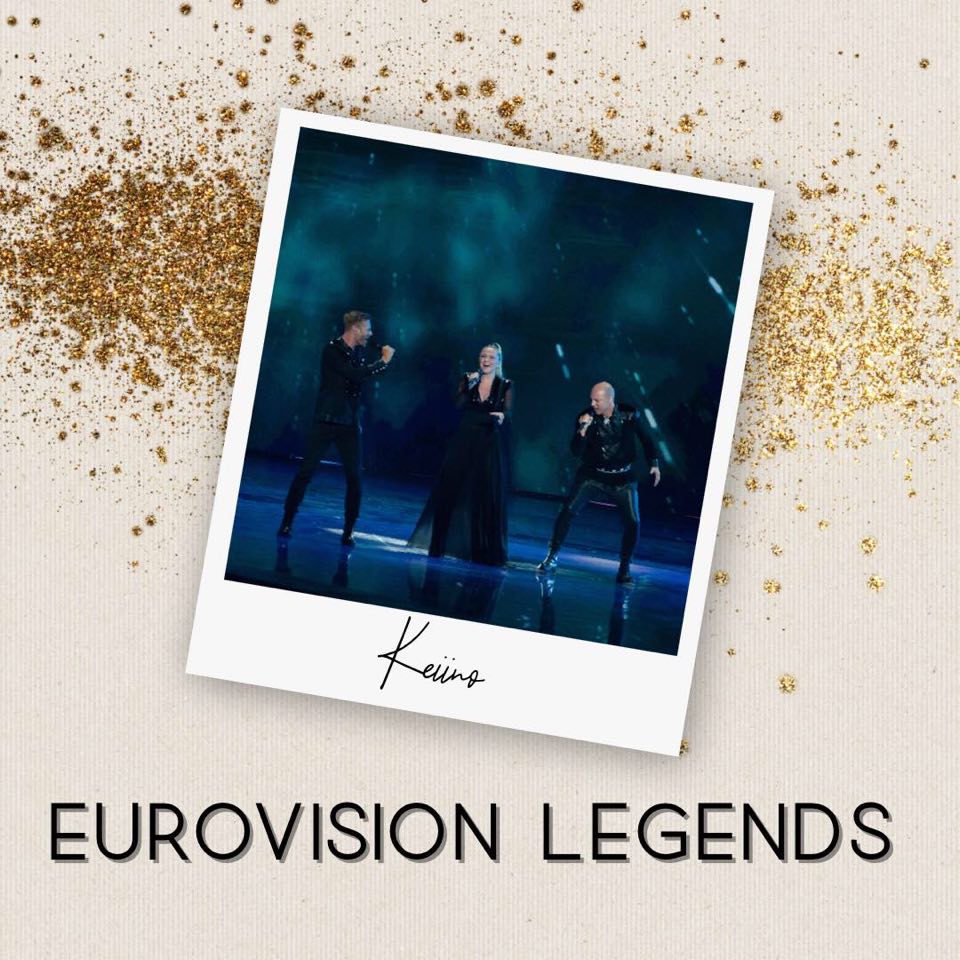
Eurovision Legends: Keiino The televote favourite of 2019
2020-05-05
They started out as a odd combination of three very different singers, at first intended as a one-off for the Norwegian Melodi Grand Prix 2019, but the composition of the group turned out to be a perfect mix of everything and they went on to win both the Norwegian preselection and the audience vote of Eurovision 2019, and have continued to work together as a group and to produce more music. Emil gets the opportunity to speak with Tom Hugo and Alexandra Rotan from the success story Keiino, to hear all about how the group was formed, how the song came to be, their time in Tel Aviv (including the time when Fred Buljo got molested by one certain podcast host at 4 o'clock in the morning) and what they have been up to since. Did you for instance know that "Spirit in the Sky" was initially intended to be a rap? We've got the proof and will play it for you!
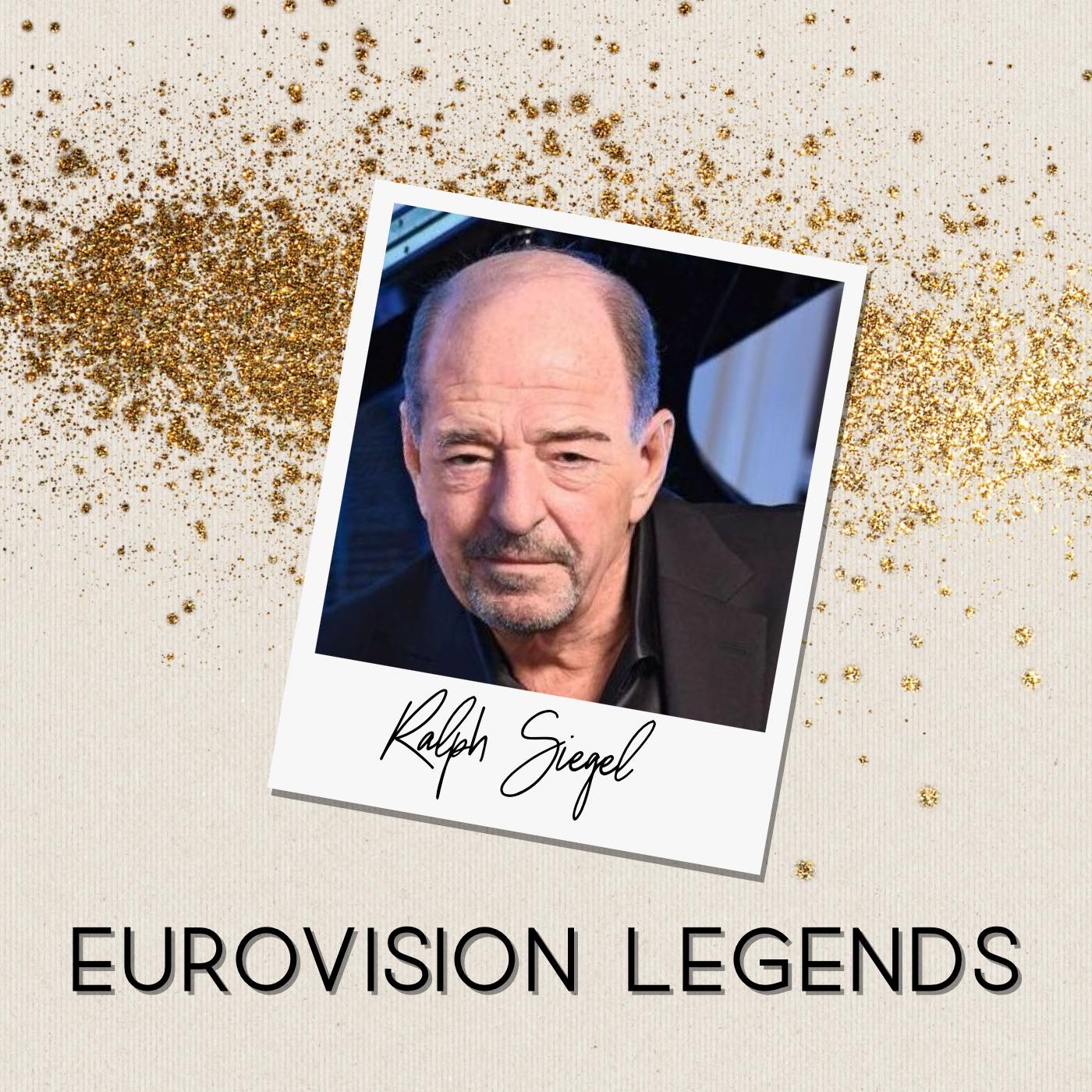
Eurovision Legends: Ralph Siegel The hit-making king of Eurovision
2020-04-30
He has competed with more than 20 songs in the Eurovision Song Contest for five different countries over five decades, scoring one victory and multiple top 3 finishes. Apart from these, he has composed close to a thousand songs meant for the Eurovision, many of them taking part in various national finals all over Europe. Ralph Siegel is the undisputed master of writing songs for our beloved contest, and he doesn't have any plans to quit yet. It is nearly impossible to cover his entire Eurovision history, but together with Emil they attempt it anyway, from early classics like "Dschingis Khan" and "Ein Bißchen Frieden" to the modern day feat of being behind almost half of all of San Marino's entries. All this and more in this extra-long episode with a true gentleman and Eurovision Legend.

Eurovision Legends: Amina She who came so close
2020-04-28
One of Emil's earliest memories was when an exotic French beauty very consciously dropped her scarf during her performance in 1991, and of the chaos that erupted when she finished on the same score as the Swedish representative Carola, but eventually lost due to previously unused tiebreak rules. Amina is not one to hold a grudge though, as she later moved to Sweden, and we will even get to listen to the song she submitted to the Swedish preselection Melodifestivalen. We are also treated to her recording of a famous Swedish lullaby, and we get to hear the story of how she, a singer of world music who had never even considered Eurovision, ended up competing for France and providing them with their best result in the last 40 years.
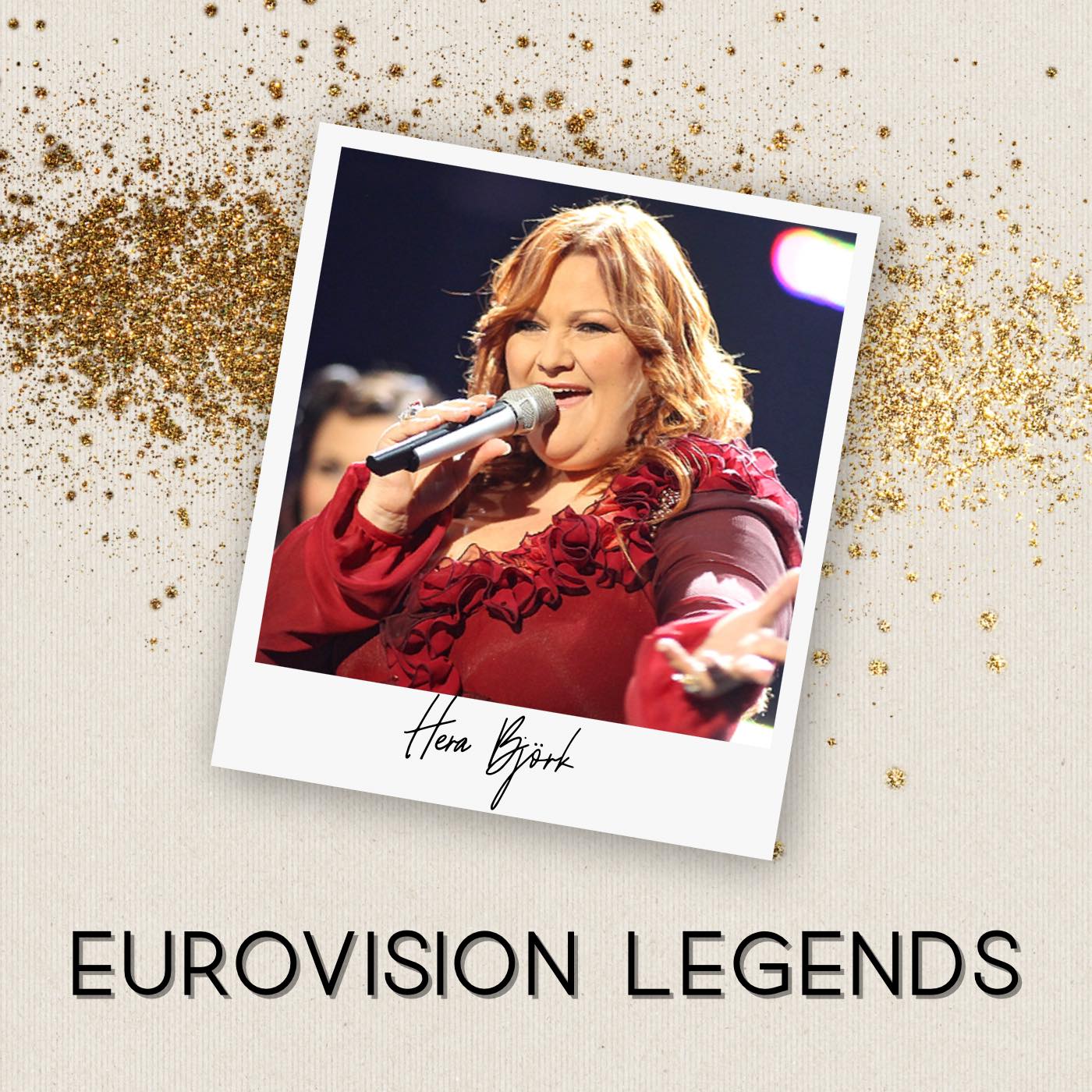
Eurovision Legends: Hera Björk The voice of Iceland who almost competed for Denmark
2020-04-23
One of Iceland's best voices have visited the Eurovision stage several times, both as a backup singer for other artists and as the leading lady with "Je ne sais quoi" in 2010. But in Eurovision circles she is almost as well known for her super hit "Someday", with which she finished second in the danish preselection in 2009. Listen to the amazing Hera Björk talk to Emil about these, and many other, adventures in this light-hearted episode with plenty of laughter. We will also get the answers to questions we have all asked ourselves, like why "Je ne sais quoi" didn't fare better in the final, what did it sound like in its early stages and how does the German version of "Someday" really sound?
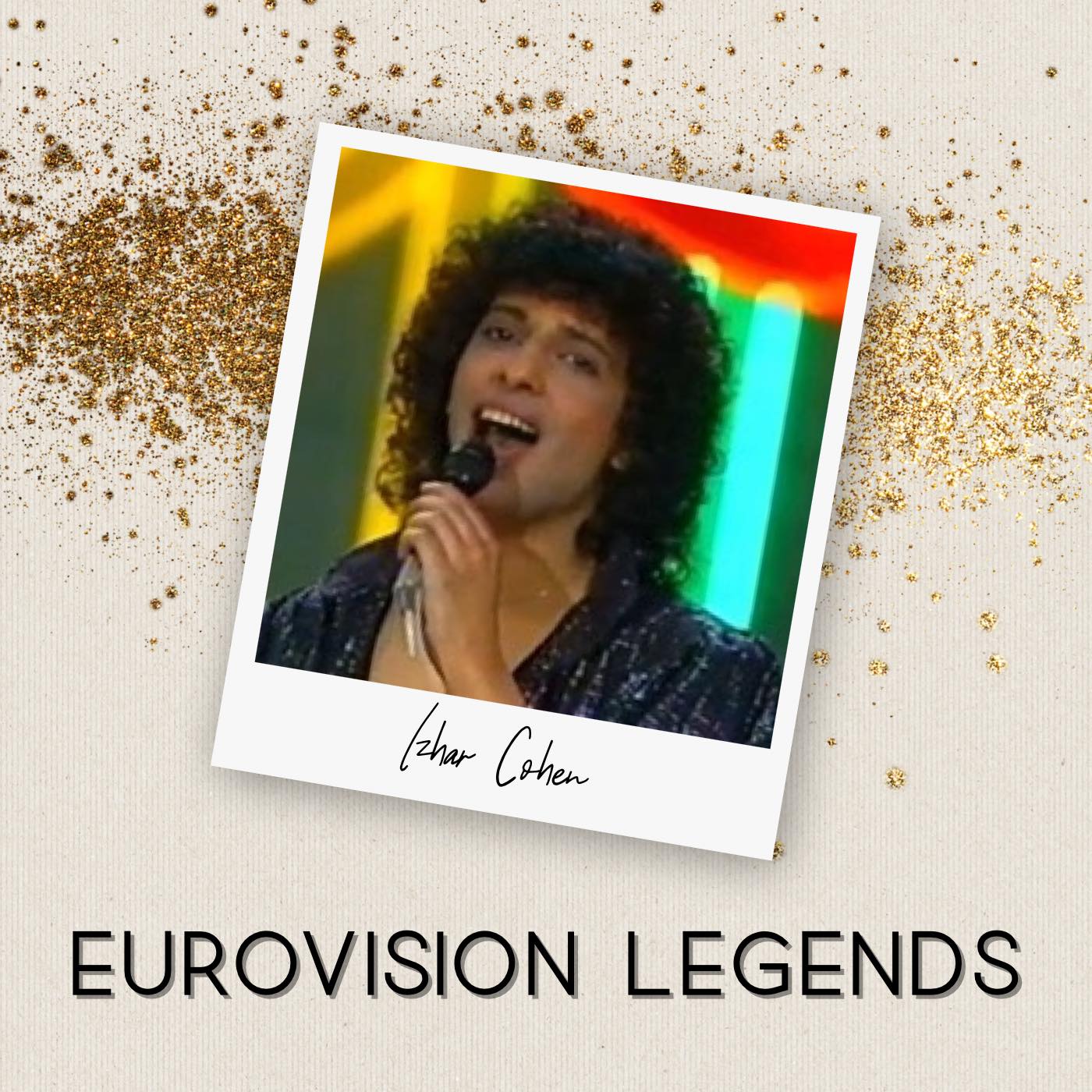
Eurovision Legends: Izhar Cohen Israel's first ever Eurovision winner
2020-04-21
It was the song that almost didn't make it to Eurovision but went on to bring Israel their first ever victory and to have a huge impact. Hear Izhar Cohen tell Emil and the listeners about "A-ba-ni-bi" and how it brought colour TV to Israel. What happened when he returned to Eurovision in 1985 with "Olé olé" and one of his backing dancers had problems with her microphone and sang horribly out of tune? Which other songs did he try to reach the Eurovision with, what was Izhar's relation to the late Ofra Haza and how does he view and cope with the Covid-19 outbreak and the cancellation of Eurovision 2020? The 69-year old Israeli superstar shows us that he is still young in both body and spirit.
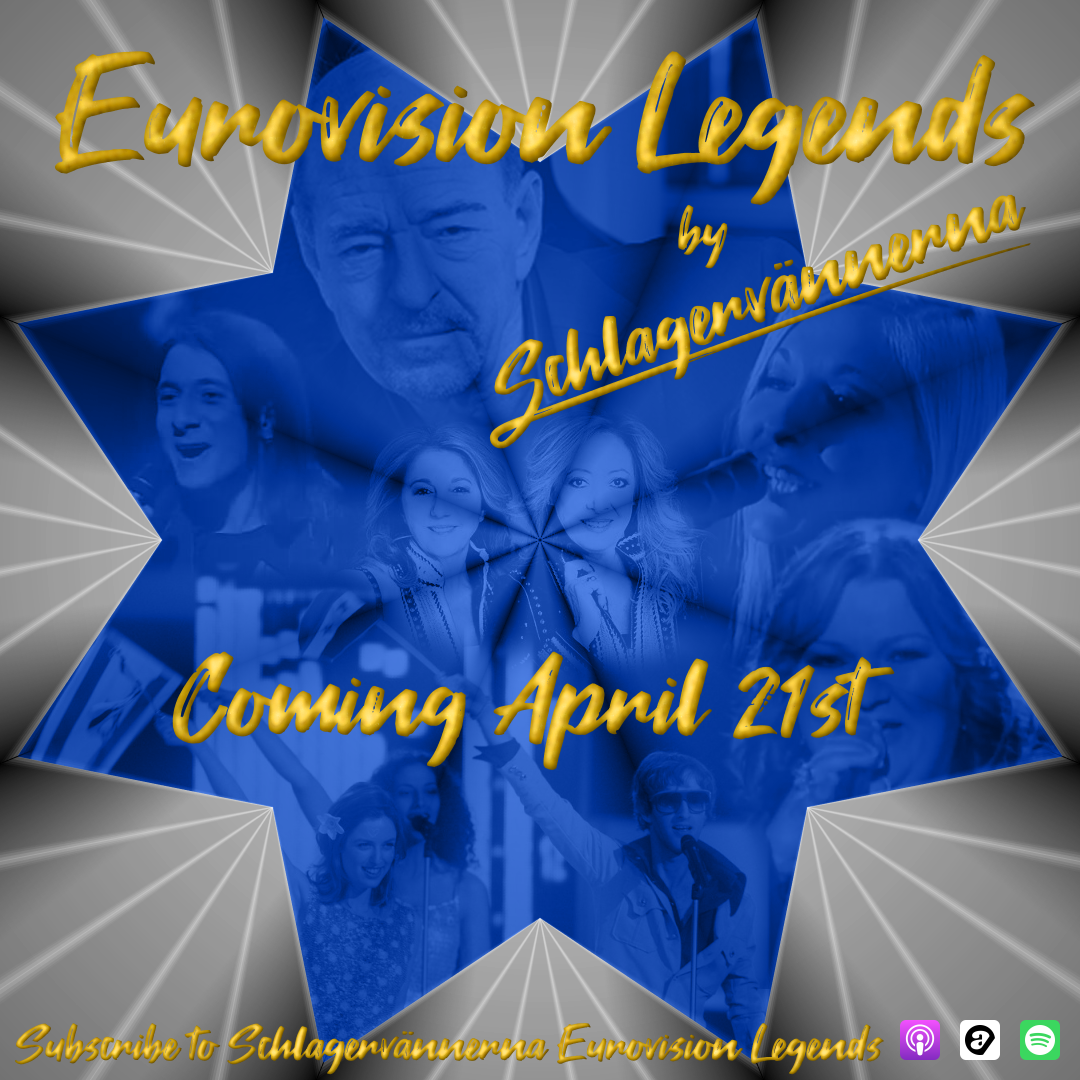
Eurovision Legends: Channel teaser Schlagervännerna goes English with Eurovision Legends!
2020-04-18
Eurovision Legends is the podcast where Emil Löfström invites songwriters, artists and other important people from the world of the Eurovision Song Contest. How did the songs originate, what happened behind the scenes, who ought to have won the contest and what did the song demos sound like? This and much more in this new English-language podcast from famous Swedish Eurovision and Melodifestivalen podcasters Schlagervännerna.